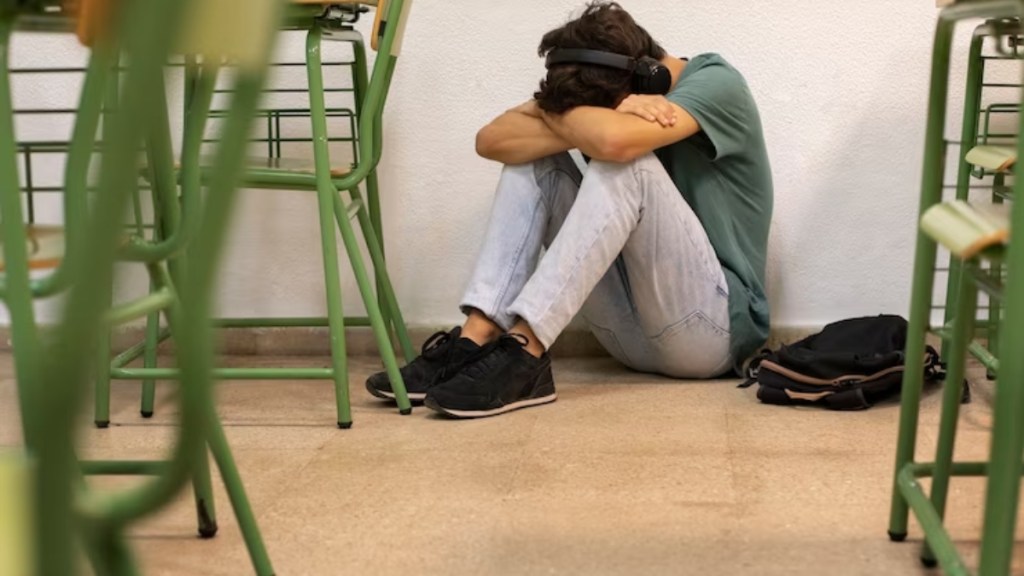The suicide cases of students from both central and state government institutions, as well as various coaching centers (including those for NEET), across the country have not been documented, Subhas Sarkar, Minister of State for Education said in a reply to the Rajya Sabha queries (Upper house of the parliament). The minister was responding to a query concerning the government’s awareness of a significant increase in student suicides among those pursuing NEET coaching. Over the past five years, a tragic total of 56,014 students lost their lives to suicide. The yearly statistics reveal a distressing trend: in 2017, 9,905 students passed away, which rose to 10,159 in 2018, further increasing to 10,335 in 2019. In 2020, the number of student suicides reached 12,526 and in 2021, it tragically climbed to 13,089, according to National Crime Record Bureau (NCRB) data.
The report does not provide explicit details about specific reasons, but it does reveal that of the 10,732 youngsters who attempted suicide in 2021 were under 18 years old, 864 took their own lives, attributing it to a ‘failure in examination.’ Among those under 18 years, the most prominent cause of suicide was found to be ‘family problems.’ “There are various causes of suicides like professional-career problems, sense of isolation, abuse, violence, family problems, mental disorders etc, Sarkar stated.
The National Education Policy (NEP) 2020 incorporates counselling systems to address stress and emotional adjustments in educational institutions. Additionally, it includes provisions for various opportunities for students to engage in extracurricular activities, such as sports, culture-arts clubs, eco-clubs, activity clubs and community service projects. “To specifically tackle the challenges of mental health and well-being during and after the Covid pandemic, the University Grants Commission (UGC) issued advisories to Higher Educational Institutions (HEIs) on April 5, 2020. Moreover, the UGC has also released guidelines focused on promoting physical fitness, sports, student health, welfare, as well as psychological and emotional well-being within HEIs,” the minister said.
Additionally, the government of India’s initiative, named MANODARPAN, aims to extend comprehensive psychological support to students, teachers and families for their mental and emotional well-being. As part of this initiative, the ministry has encouraged educational institutions to strengthen their systems by incorporating preventive, detection and remedial measures to address potential causes of suicides.
The minister further suggested higher educational institutions to take various steps such as conducting workshops and seminars on happiness and wellness, regular sessions on Yoga, induction programmes as well as extracurricular activities. Moreover, he advised to assign one faculty adviser for a group of students to support their academics and monitor their progress, and appointment of student counsellors for overall personality development and de-stressing students.

